A Spotify smart speaker may be the next big entrant into the virtual assistant arena, it would also be the first physical product for the streaming media business.
Job Adverts posted by Spotify are looking for engineers to work on the creation of “innovative Spotify experiences via connected hardware” with the promise of “impacting the way the world experiences music”.
There are a couple of interesting things to consider so far as virtual assistants go and lessons to be learned from those already on the market. Firstly, music appears to be what most people use their virtual assistants for relegating them to little more than smart speakers. Spotify is available on both Amazon Echo and Google Home so there’s a market for streaming media. Amazon also offer Prime Music and Google Play is available on the Google Home. Apple have chosen to keep their HomePod purely for Apple Music so that limits it to Apple fans. Apple have also made the mistake of insisting you own an Apple device such as an iPhone or iPad in order to set your HomePod up and thus truly limited the market to existing customers.
Home automation is a secondary interest to music for many users and here Amazon Echo is far and away the winners with Google Home coming a close second. Apple’s range of third party support for home automation is fairly limited although as they only recently launched this may improve. Shopify will need to come out with a full range of home automation device support to win here.
The third aspect of virtual assistants is asking questions, both general knowledge and for specific information such as “What time is the next train?”, What’s the whether today?” or “How long is the journey to…?”. Here Google Assistant using Google Search well and truly trounces Amazon with Apple reliant on Siri. To be more than just a smart speaker, any device that Spotify produce will need better search answers than trawling Wikipedia.
Shopping is of course interesting but is a somewhat awkward experience on Amazon Echo (great for adding reminders to a shopping list or reordering something you’ve purchased before, but voice ordering a product you can’t see isn’t an easy experience. Google Home hasn’t even got shopping outside the US yet but do support eBay in the US and Australia.
Doubtless Spotify will be eyeing the recently débuted Apple HomePod and it’s superb sound quality and want to better it, but with a large installed base of Amazon Echo’s and Google Home’s already able to stream Spotify, any smart speaker that they produce will also need to excel in other Virtual Assistant features in order to be a winner. Some may be winning to pay double the price for an Apple Homepod compared to an Amazon or Google device, but Spotify don’t have an army of smartphone and tablet users keen to buy any product Apple produce.
Spotify will need a device that exceeds in functionality, appeals due to superb sound, and is probably keenly priced, in order to succeed in what’s becoming a crowded smart speaker market.
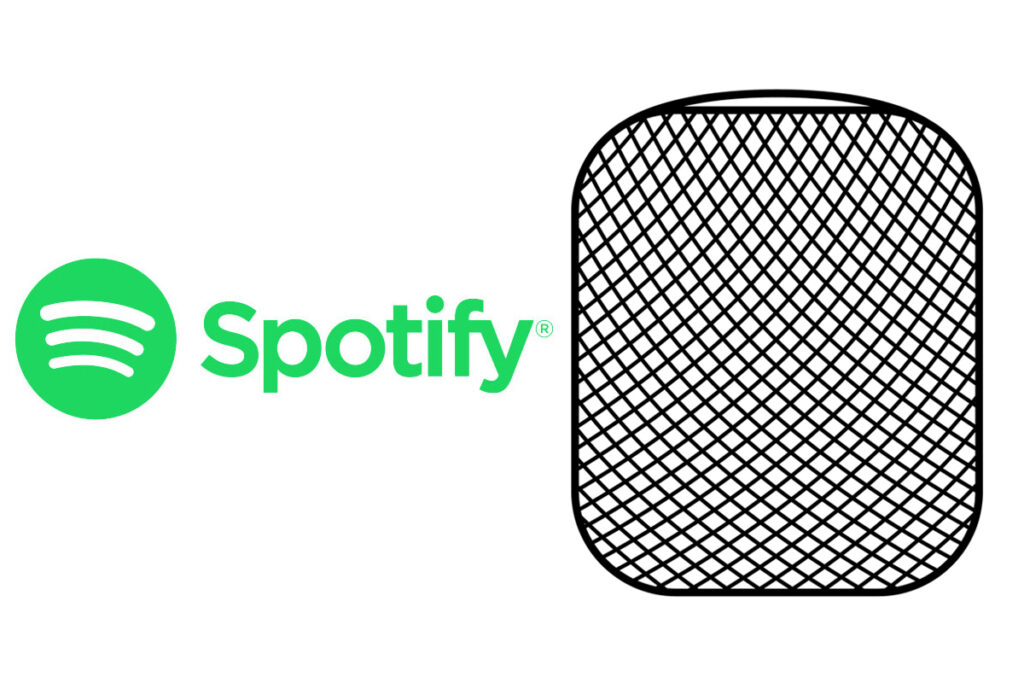
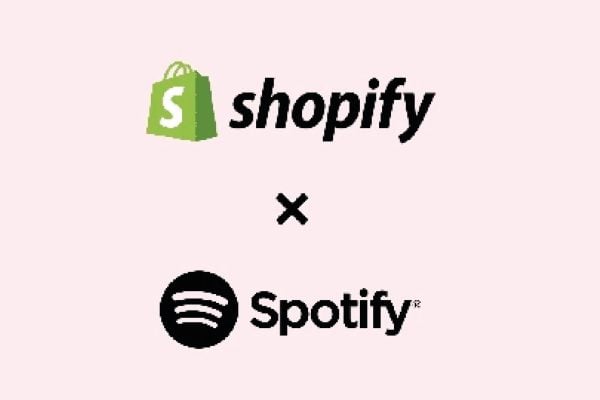
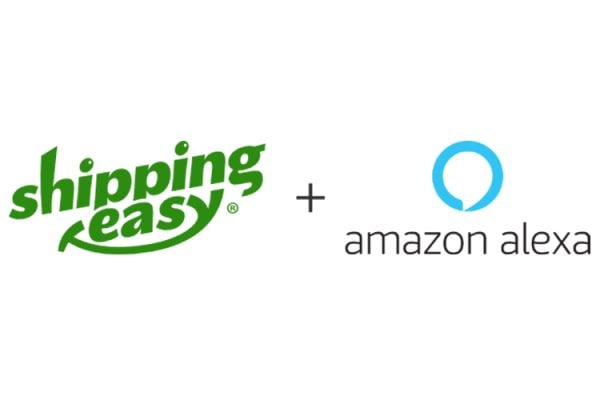
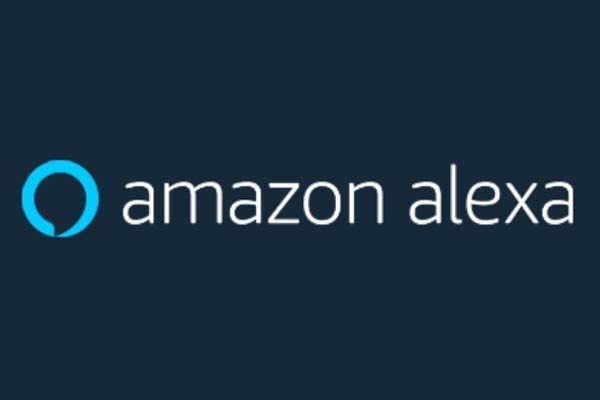
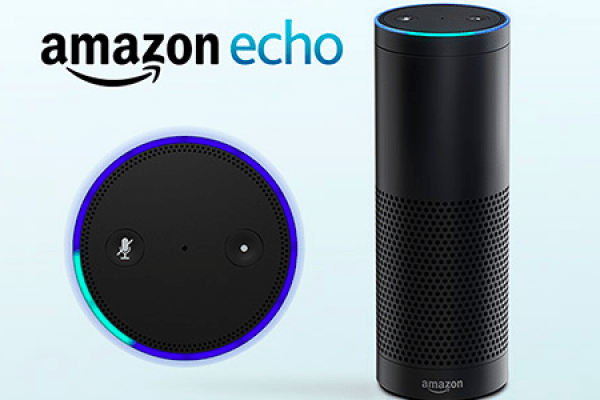
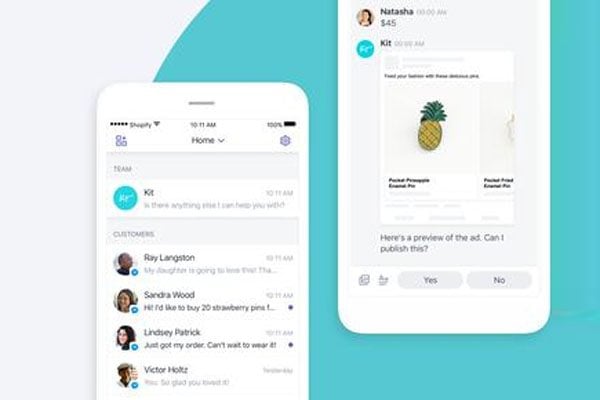




One Response
i dont think that statement in of itself indicates spotify wanting to produce hardware, they need engineers to ensure their software is working well with the other sets of hardware mentioned here, along with others; in-car entertaintment being one such example.
if spotify were to do their own hardware, they’d want to remove the spotify app from amazon and google devices, otherwise, what’s the point in buying the spotify hardware? this kind of counter-competitive practice is right up apple’s street, but would really irk google and spotify users, who have a completely different ethos regarding decency and fairness with regards to hardware/software companies.